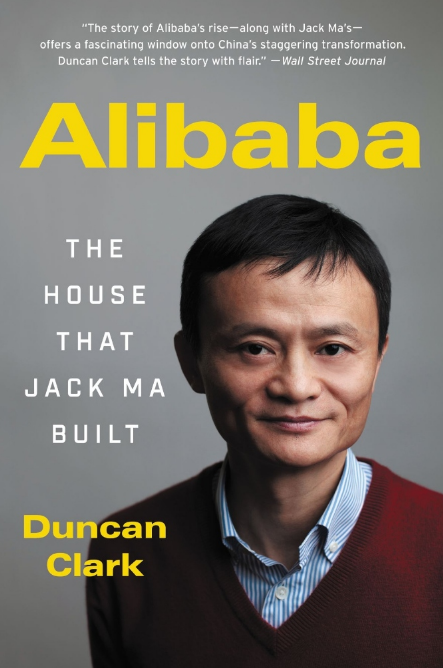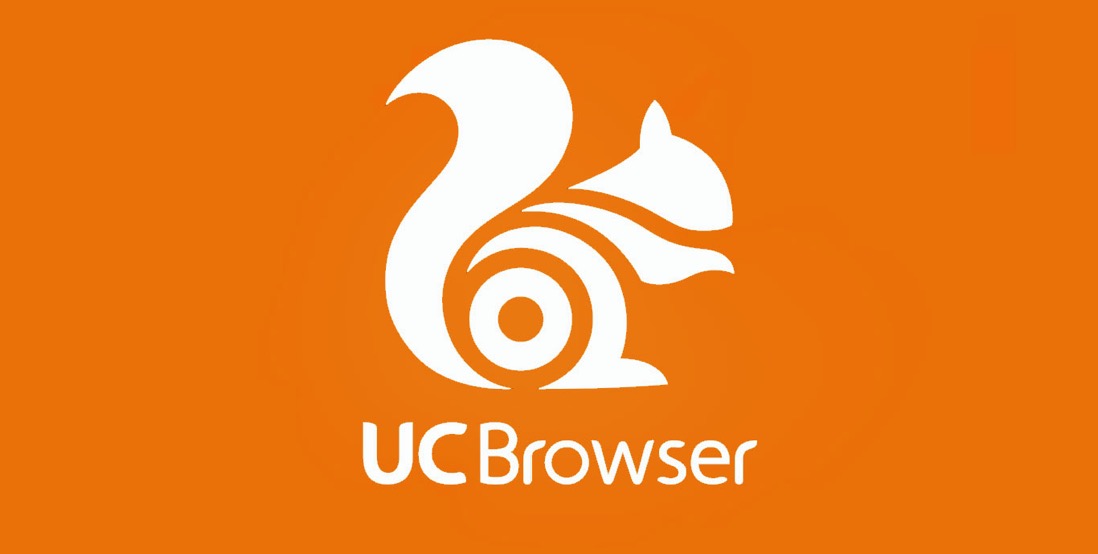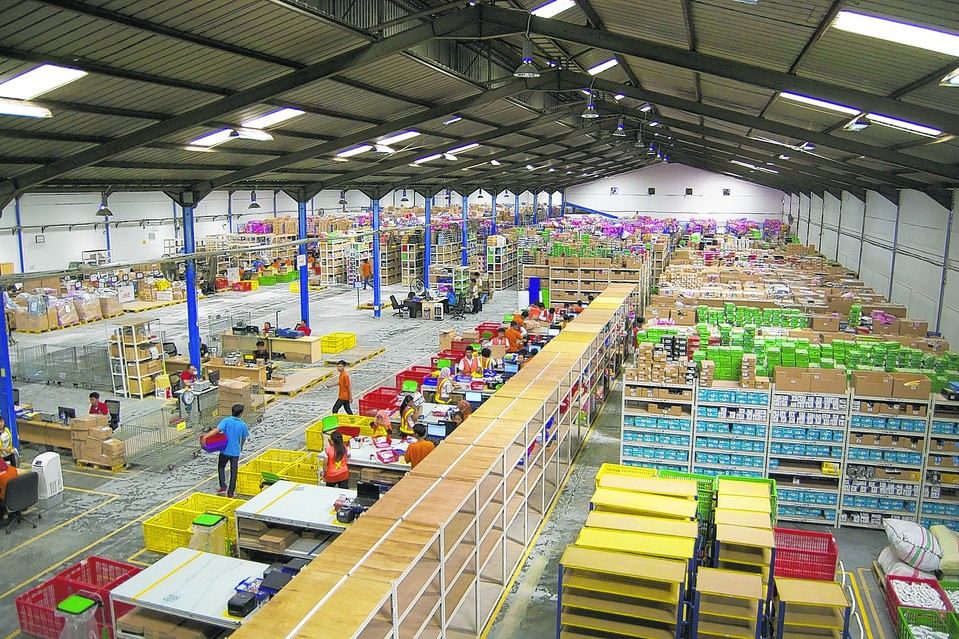
From time to time I share notes about the books I’ve been reading, or have revisited recently after many years.
These posts are meant to help me remember what I’ve learned, and to point out titles I think are worth consulting.
They’re neither formal book reviews nor comprehensive book summaries, but I hope you find them useful. For previous postings, see my Book Notes category.
Alibaba: The House That Jack Ma Built
Published: 2016
ISBN: 9780062413406
Amazon link
Brief Summary
The story — told by China expert, former investment banker, and onetime Alibaba advisor — of how Jack Ma founded the country’s online shopping juggernaut and built it into a growing global force.
My Three Key Takeaways
- Jack Ma is unlike founders of other global tech titans. He’s not a graduate (or even a dropout) of a top university. He’s not a technical whiz. He doesn’t come from a privileged background — his mother was a factory worker and his father was a photographer. He was never an engineer or a banker, but instead worked for some time as an English teacher before launching various businesses.
But he is a curious person, a big believer in the power of the internet, and a quirky and charismatic leader — he is known for “Jack Magic“: his ability, like Steve Jobs’s “reality distortion field,” to inspire and win people over. - Alibaba wasn’t built as a clone of Amazon or eBay any other e-commerce equivalent, exactly. It was designed to connect sellers to buyers, and designed specifically for China.
Ma’s understanding of what Chinese consumers and merchants want has allowed him to outlast other rivals. - Ma thinks long-term, but it’s unclear how his more recent bets (forging into cloud computing, sports, media) will pay off.
- “Jack, more than any other, is the face of the new China. Already something of a folk hero at home, he stands at the intersection of China’s newfound cults of consumerism and entrepreneurship.” (Introduction, p. xii.)
- “China’s e-commerce market differs in important ways from the United States and other Western economies, the legacy of decades of state planning and the important role still played by state-owned enterprises. Alibaba has sought out and exploited the inefficiencies these have created, first in e-commerce, now in media and e-commerce.” (Introduction, p. xv.)
- Household spending in the United States drives two-thirds of the economy, but in China it barely accounts for one-third. (p. 3.)
- “Alibaba has a much greater impact on China’s retail sector than Amazon does in the United States. Thanks to Taobao and its sister site, Tmall, Alibaba is effectively China’s largest retailer. Amazon, by contrast, only became one the top ten retailers in America in 2013.” (p. 4)
- “In the same way Alibaba has exploited the inefficiency of offline retail, offline banking has proved a ripe fruit for it to pick.” (p. 19)
- “When he was asked which person had most inspired him, Jack replied without hesitation, ‘Forrest Gump.’ His interviewer paused, then said, ‘You know he’s a fictional character?'” (p. 25)
- “Perhaps the most famous lesson of Jack the teacher is known by heart by every Alibaba employee: ‘Customers first, employees second, and shareholders third.’ Jack describes this as Alibaba’s philosophy.” (p. 27)
- “Alibaba has been a team effort from the start. Jack doled out much more equity, and at an earlier stage, than many of his Internet founder peers. But he has kept a firm control on the company through his gift for communicating and his lofty ambitions.” (p. 35)
- “Although it sickened thousands and killed almost eight hundred people, the outbreak had a curiously beneficial impact on the Chinese Internet sector, including Alibaba. SARS validated digital mobile telephony and the internet, and so came to represent the turning point when the internet emerged as a truly mass medium in China…Crucially for Alibaba, SARS convinced millions of people, afraid to go outside, to try shopping online instead.” (p. 159)
- “The tide was turning against eBay. From a market share of more than 90 percent in 2003, eBay’s market share fell by half the following year — barely ahead of Taobao.” (p. 173)
- “At the entrance to its VIP visitor suite there is a photo from July 2007 of Jack welcoming Xi Jinping to Alibaba. Xi today of course is president of China but back then he was Communist Party secretary of Shanghai.” (p. 239)




